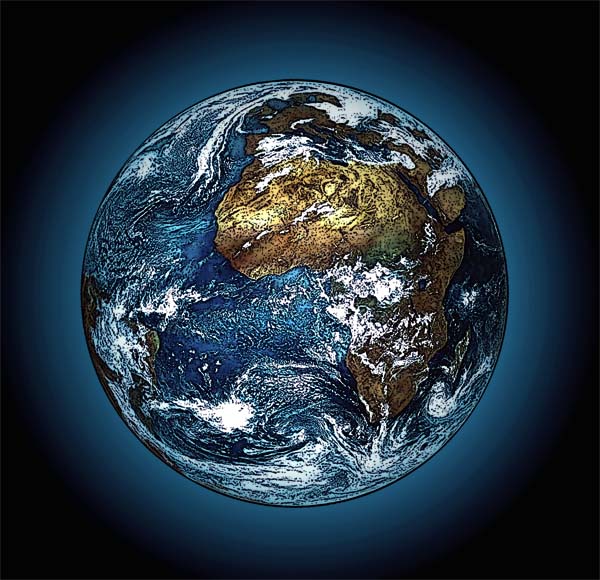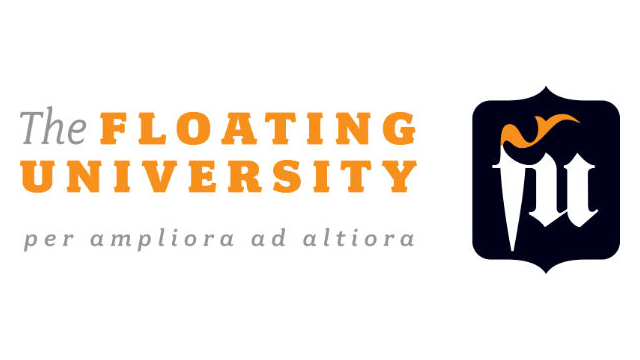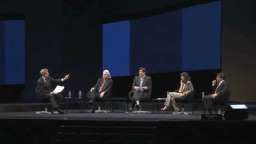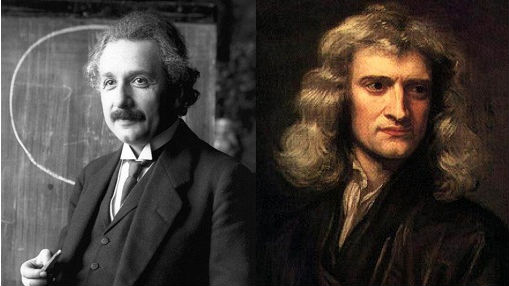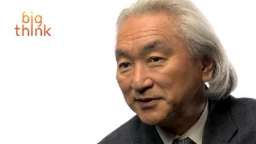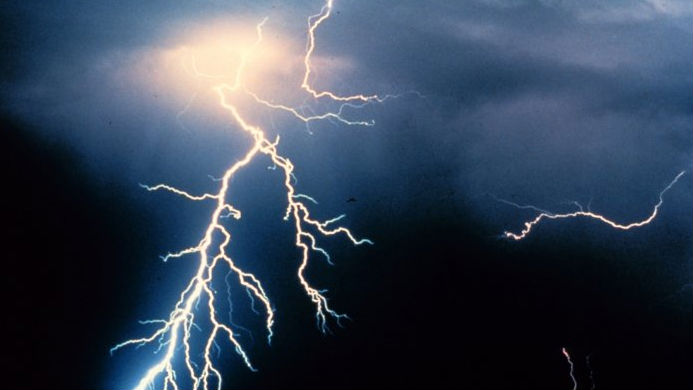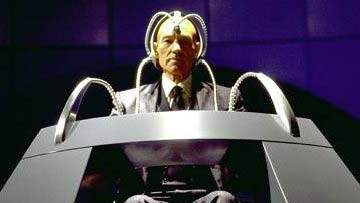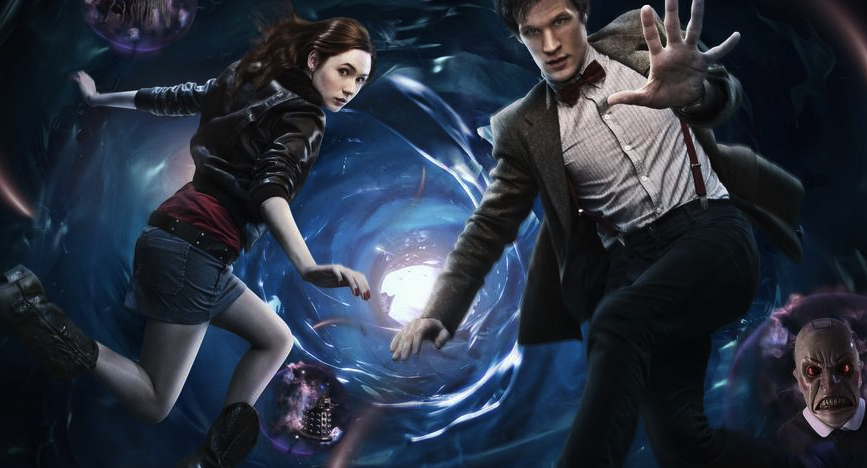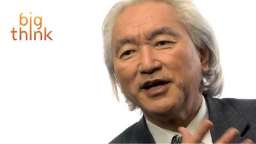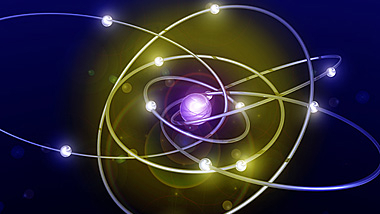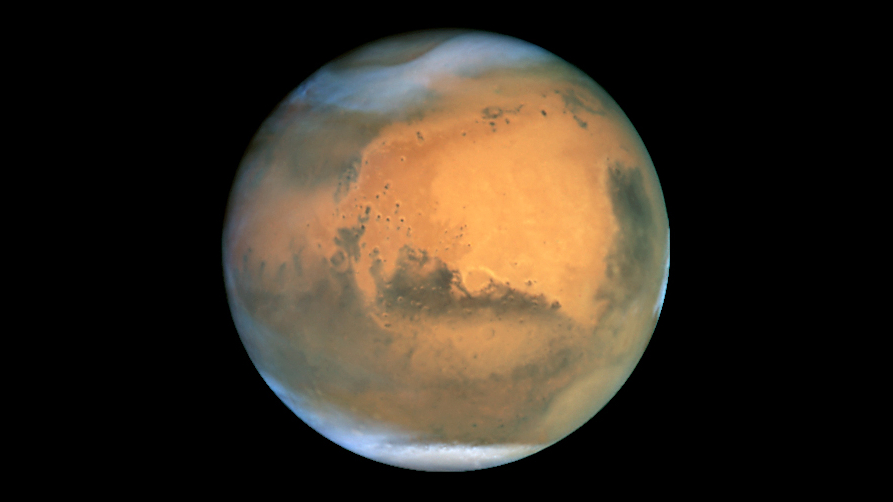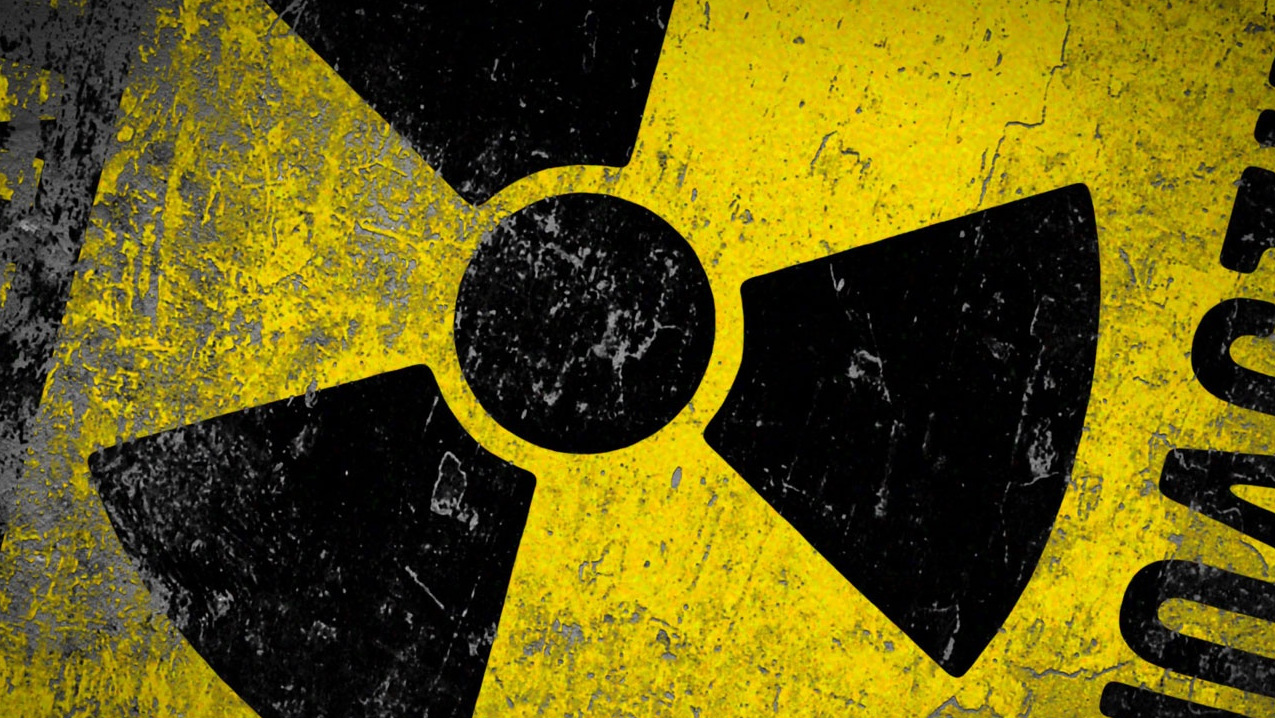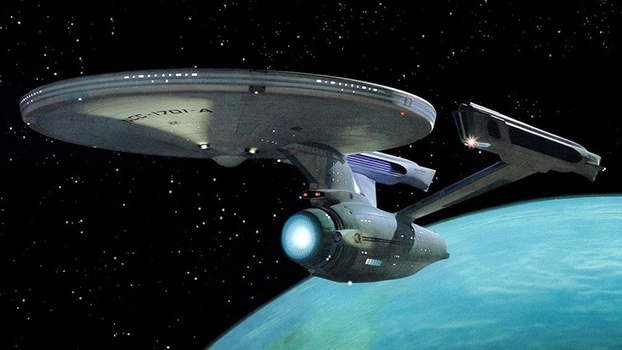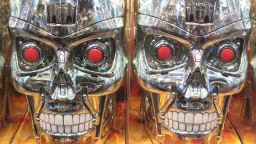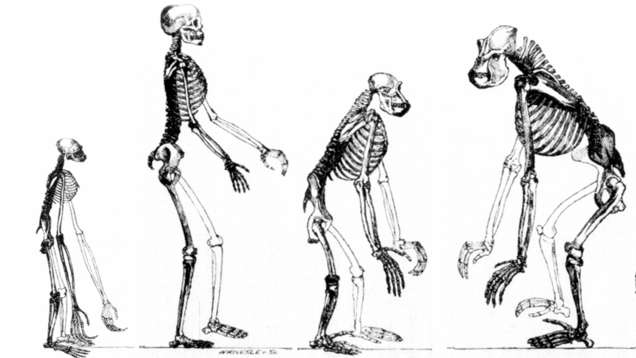Theories of globalization that herald a brave new world fail to account for our human nature which is opposed to long-distance interactions for reasons of geography and culture.
Search Results
You searched for: michio kaku
Which scientific idea–offered up by experts such as Ray Kurzweil, Michio Kaku, Stephen Hawking and others–will impact our world the most? See our top contenders and vote for your favorite.
It is the premise of the course that there are precious few important ideas relevant beyond their specific disciplines, but that it is these very ideas that are the foundation of a modern education.
Floating University News Feed: Advice for Obama, High-End Real Estate and the Ethics of a Tummy Tuck
Great Big Ideas, the first Floating University course, features twelve of the most important thinkers and practitioners in their fields. These lecturers are constantly making news, and in this blog, […]
Booz & Company’s Chief and Marketing and Knowledge Officer Tom Stewart moderated the Big Think panel made up of Michael Schrage, MIT Sloan School of Management research fellow, theoretical physicist […]
▸
49 min
—
with
The scientific concept that will most impact our world is the idea that will unify two opposite ideas, those of Newton and Einstein, says Big Thinker Ajitkumar Tampi Trivikram.
Every Wednesday, Michio Kaku will be answering reader questions about physics and futuristic science. If you have a question for Dr. Kaku, just post it in the comments section below […]
Big Think reader Liam Stein asks Dr. Michio Kaku the question “How will the world look post-singularity? Can you walk us through a day in the life of a transhuman?”
▸
2 min
—
with
Are we truly looking forward to an “Age of Abundance,” as Peter Diamandis suggests? A Big Think panel debates the future of business in the 21st century.
Today, Dr. Kaku addresses a question posed by Peth Kwanchit: Will I be able to talk to my dog through a translator?
Astronomers have been actively searching for extraterrestrial civilizations for the past 50 years, but so far have come up empty. Now a top Russian astronomer predicts the “eerie silence” will be broken by 2031.
Some have proposed using quantum entanglement (the invisible umbilical cord that exists between objects) as a form of telepathy. But there are much more practical ways of achieving telepathy that already exist.
Major scientific endeavors like space exploration require decades of planning and funding sources that can weather economic downturns. Will the results of the Google Lunar X Prize competition stand that assumption on its head?
Every Wednesday, Michio Kaku will be answering reader questions about physics and futuristic science. If you have a question for Dr. Kaku, just post it in the comments section below […]
Einstein “finally concluded that time travel might be inherent in his equations,” but dismissed the notion “on physical grounds.”
Every Wednesday, Michio Kaku will be answering reader questions about physics and futuristic science. If you have a question for Dr. Kaku, just post it in the comments section below […]
Every Wednesday, Michio Kaku will be answering reader questions about physics and futuristic science. If you have a question for Dr. Kaku, just post it in the comments section below […]
▸
2 min
—
with
Einstein believed that free will was just an illusion, and that awareness of this lack kept him from taking himself and others too seriously. But Einstein was plain wrong, says Dr. Kaku.
Rather than hauling heavy atmospheric pumps from earth, the way to create a habitable atmosphere on Mars is to take advantage of its own topology, geography and nature.
The co-founder of Field String Theory explains why the universe has 11 dimensions rather than any other number.
Propelling a spaceship with photons would be like trying to energize a spaceship with a flashlight.
Workers near the Fukushima Daiichi nuclear complex are sealing a leak releasing radioactive seawater into the ocean, though scientists say the radiation will dissipate in the Pacific.
Quantum computing already exists, but on a truly miniscule scale. We’ll have molecular computers built out of graphene before true quantum ones, says the physicist.
Four different types of radiation tend to accompany a nuclear accident like the Fukushima meltdown. Here, Dr. Kaku discusses the effects of each on the human body.
The Internet, the European Union, and the Olympics are all signs that, within the next 100 years, mankind will forge a truly planetary civilization.
Enzymes like Telomerase and Resveratrol, though not the Fountain of Youth unto themselves, offer tantalizing clues to how we may soon unravel the aging process.
Physicists talk rapturously about an equation that could reconcile the four fundamental interactions of nature. But why should you care?
Michio Kaku and Peter Diamandis tackle the difference between the way our brains and machines compute, and how Artificial Intelligence will impact the future of the Web.
▸
2 min
—
with
There are no more evolutionary pressures driving gross human evolution, but that doesn’t mean we won’t be able to genetically re-engineer ourselves in the future.
